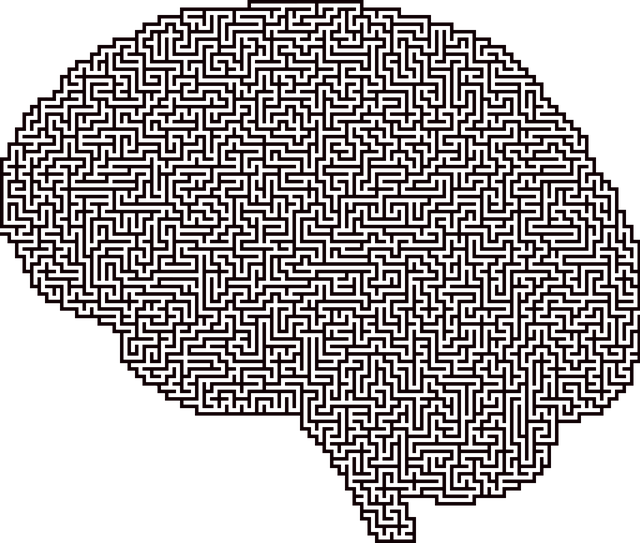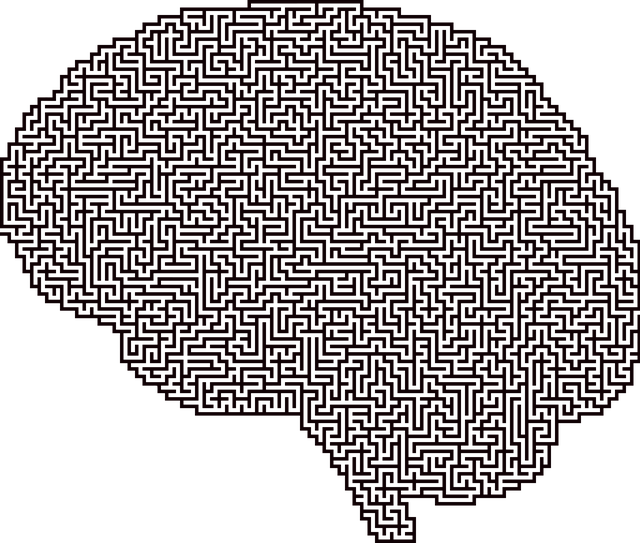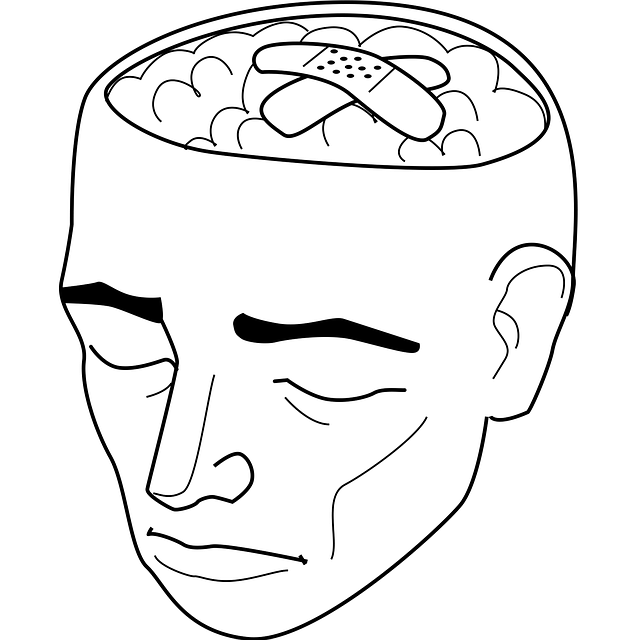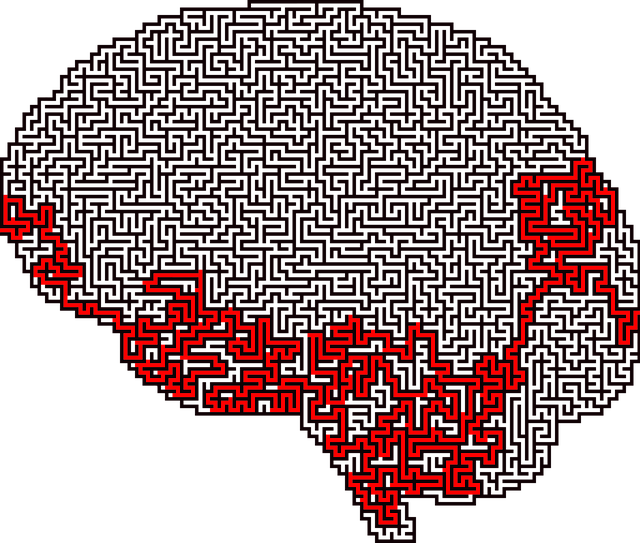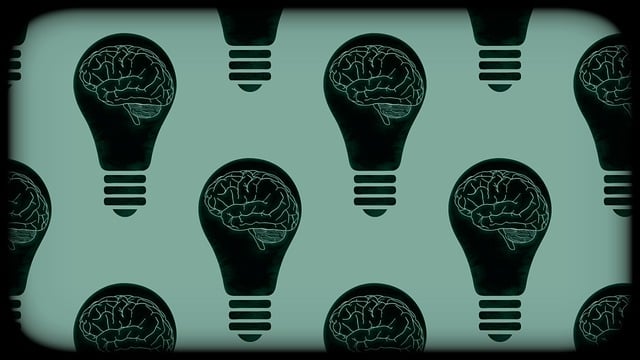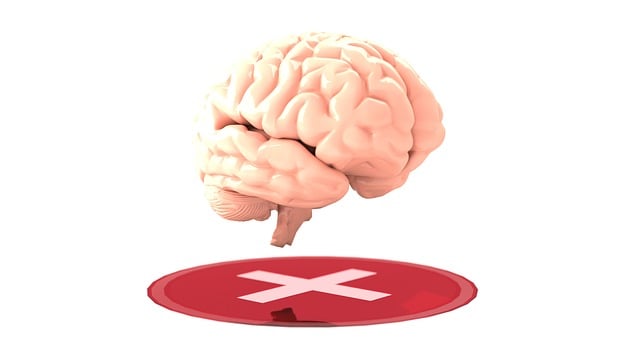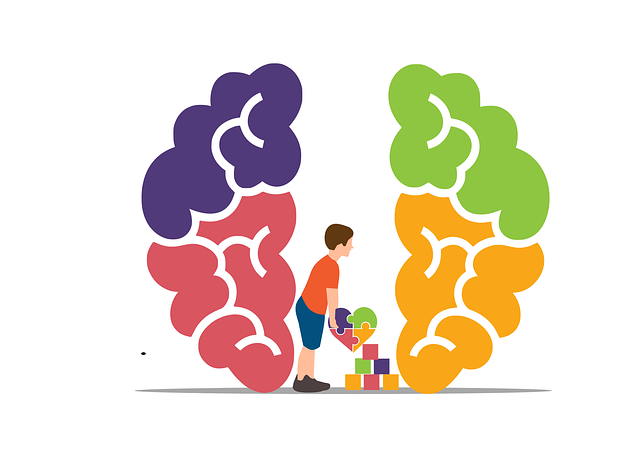Anxiety, a complex condition linked to disorders like Functional Neurological Disorder (FND), becomes problematic when it dominates daily life. Effective management involves identifying triggers and employing strategies such as self-care, empathy building, and mindfulness meditation. Littleton Functional Neurological Disorder Therapy rewire brain patterns contributing to anxiety, offering tailored interventions for mental wellness. Techniques like CBT, deep breathing, and trauma support services cultivate coping mechanisms, reduce symptoms, and improve overall stress management, with a focus on cultural sensitivity for adaptable treatment plans.
Anxiety is a prevalent condition affecting millions, yet managing it effectively remains a challenge. This article explores powerful tools to combat anxiety and its impact on daily life. We delve into understanding the root causes and effects of this pervasive emotion, offering practical techniques for everyday management. Furthermore, we highlight the significance of Littleton Functional Neurological Disorder Therapy as a game-changer in treating anxiety disorders, providing hope for those seeking long-lasting relief.
- Understanding Anxiety and its Impact
- Practical Techniques for Daily Management
- The Role of Littleton Functional Neurological Disorder Therapy
Understanding Anxiety and its Impact

Anxiety is a natural response to stress and challenges, but when it becomes overwhelming, it can significantly impact daily life. It’s essential to understand that anxiety isn’t just a fleeting feeling; it’s a complex condition with various manifestations. In many cases, chronic or severe anxiety may be linked to underlying mental health disorders like Functional Neurological Disorder (FND), as seen in Littleton FND Therapy practices. This disorder can cause individuals to experience persistent and intense anxiety alongside other physical symptoms.
Managing anxiety effectively involves recognizing its triggers and developing strategies to combat it. One powerful tool is self-care routine development, which includes activities that promote mental well-being, such as regular exercise, healthy eating, and sufficient sleep. Additionally, empathy building strategies can help individuals better understand and manage their anxious thoughts and feelings. Mindfulness meditation, a practice gaining traction in the world of anxiety management, encourages individuals to focus on the present moment, reducing the intensity of anxious emotions.
Practical Techniques for Daily Management

Managing anxiety effectively requires a combination of practical techniques integrated into daily routines. One powerful approach is Littleton Functional Neurological Disorder Therapy, which focuses on rewire brain patterns contributing to anxiety. This therapy empowers individuals to challenge negative thought processes and develop healthier responses, ultimately enhancing their ability to navigate stress-inducing situations.
Incorporating Trauma Support Services and Emotional Well-being Promotion Techniques can significantly contribute to long-term anxiety management. Stress Management Workshops Organization often offer valuable tools like mindfulness meditation, deep breathing exercises, and cognitive behavioral therapy (CBT). These techniques help individuals identify triggers, cultivate coping mechanisms, and promote emotional balance. By consistently practicing these strategies, one can foster resilience, reduce anxiety symptoms, and improve overall stress management.
The Role of Littleton Functional Neurological Disorder Therapy

Littleton Functional Neurological Disorder Therapy (LFNDT) offers a unique and effective approach to managing anxiety disorders, focusing on the intricate connection between brain function and behavioral patterns. This therapy recognizes that anxiety often stems from underlying neurological issues, which can be addressed through specific interventions tailored to each individual’s needs. By employing evidence-based techniques, LFNDT aims to improve mental wellness by facilitating changes in brain wiring and cognitive processes.
The cultural sensitivity inherent in this therapeutic method is a significant advantage. With the increasing diversity of patient populations, healthcare provider cultural competency training becomes vital. LFNDT encourages therapists to be mindful of cultural differences, ensuring that treatment plans are adaptable and respectful of individual backgrounds. This personalized approach not only enhances the effectiveness of therapy but also fosters a deeper sense of trust and understanding between therapist and client, ultimately contributing to better outcomes in managing anxiety.
Anxiety management is a journey unique to each individual. By understanding the impact of anxiety and exploring practical techniques, one can gain significant control over their mental well-being. Littleton Functional Neurological Disorder Therapy (LFNDT) offers a promising approach, addressing the root causes of anxiety through tailored strategies. Combining these evidence-based methods with LFNDT can lead to lasting improvements in managing symptoms and enhancing overall quality of life. Remember, taking proactive steps towards anxiety management is a powerful way to reclaim peace and balance.
